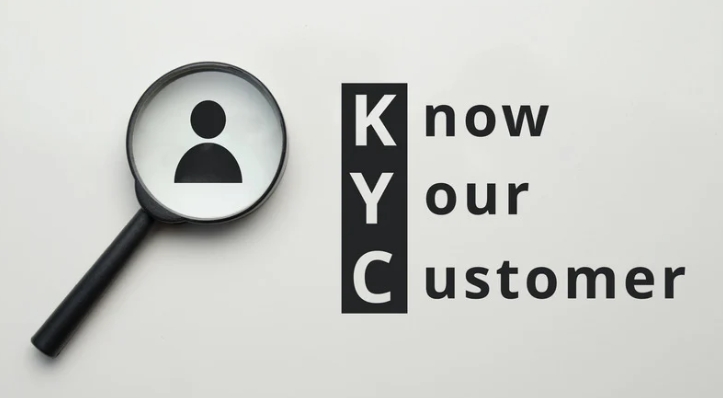In the industrial sector, where transactions often involve high-value materials, complex supply chains, and international trade, Know Your Customer (KYC) is more than a regulatory requirement. It’s a strategic tool for mitigating credit risk and ensuring long-term business stability. Every day, companies decide who to extend credit to and KYC ensures those decisions are based on facts, not assumptions.
What Is KYC?
KYC is the process of verifying a business’s identity, financial health, and legitimacy. This includes:
- Validating legal status and ownership structure
- Reviewing financial statements and credit data
- Understanding trade history with suppliers
- Monitoring ongoing transactions for anomalies
KYC policies should extend far beyond prospects. An organization’s circumstances are constantly evolving. That’s why it’s essential to regularly reassess long-standing customers to ensure there have been no significant changes that could impact their ability to meet trade obligations.
Why KYC Matters
The industrial sector faces unique challenges:
- High-value transactions: A single default can cause significant losses
- Global exposure: Cross-border deals bring regulatory and geopolitical risks
- Fraud risk: Shell companies and fake buyers are a real threat
- ESG pressure: Ethical sourcing and transparency are under the spotlight
How KYC Reduces Credit Risk
A strong KYC roadmap enables companies to:
- Make smarter credit decisions with accurate customer profiles
- Prevent fraud by verifying legitimacy up front
- Spot early warning signs of financial distress
- Stay compliant with trade and anti-money laundering (AML) regulations
- Reduce bad debt
Practical Steps
To integrate KYC effectively, businesses should:
- Establish tiered KYC protocols based on transaction size and geography
- Utilize advanced technology like AI to automate routine tasks and identity abnormal behavior
- Train teams on red flag identification and compliance procedures
- Maintain a detailed log of verification documents and customer credit history
- Partner with credit reporting agencies like ProfitGuard, or consult credit and political risk specialists such as WTW, to gain deeper, data-driven insights
Bottom Line
When margins are tight and risks run high, KYC is a critical safeguard. It allows companies to make smarter credit decisions and protect their assets. Simply put, know the risk before you ship.



